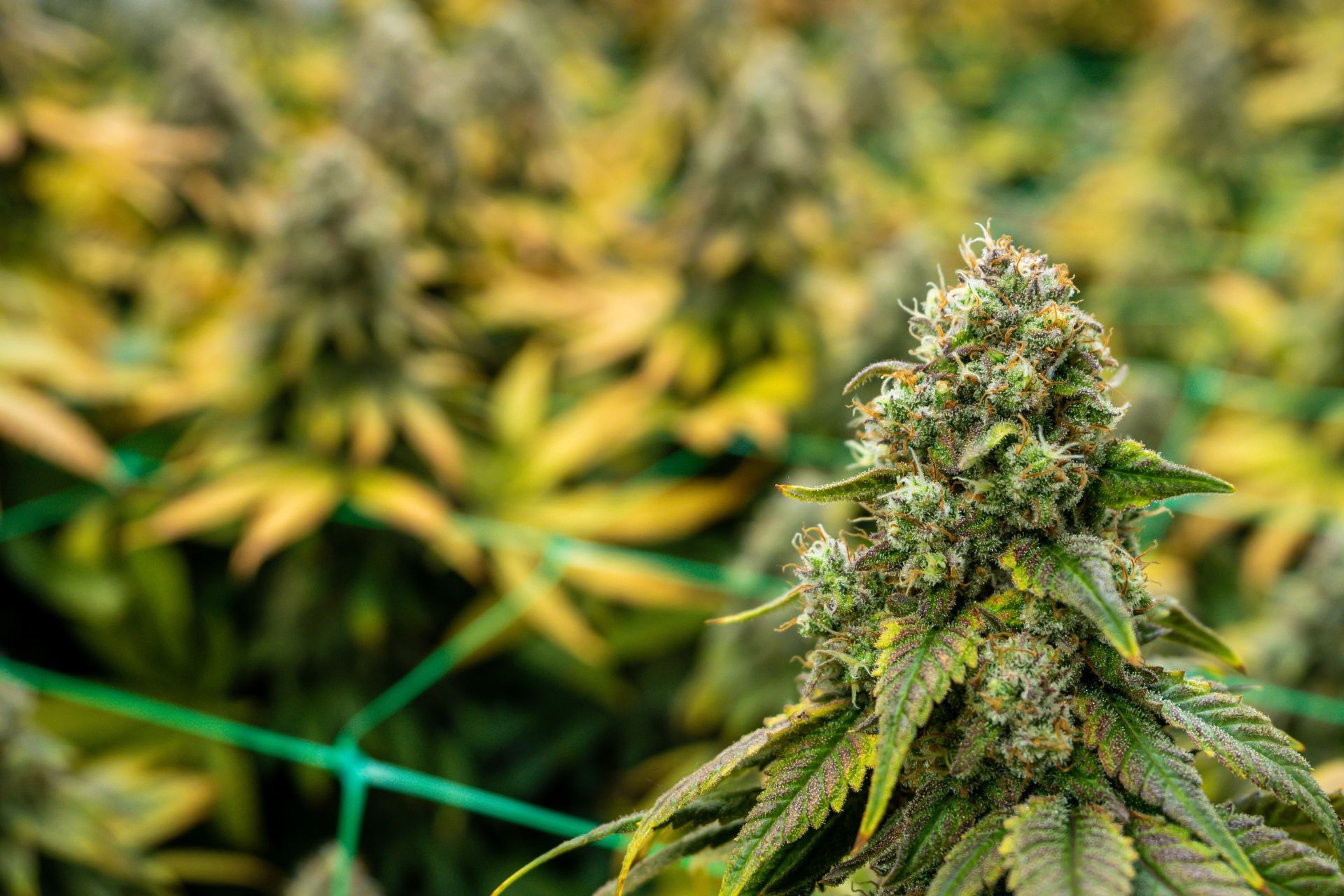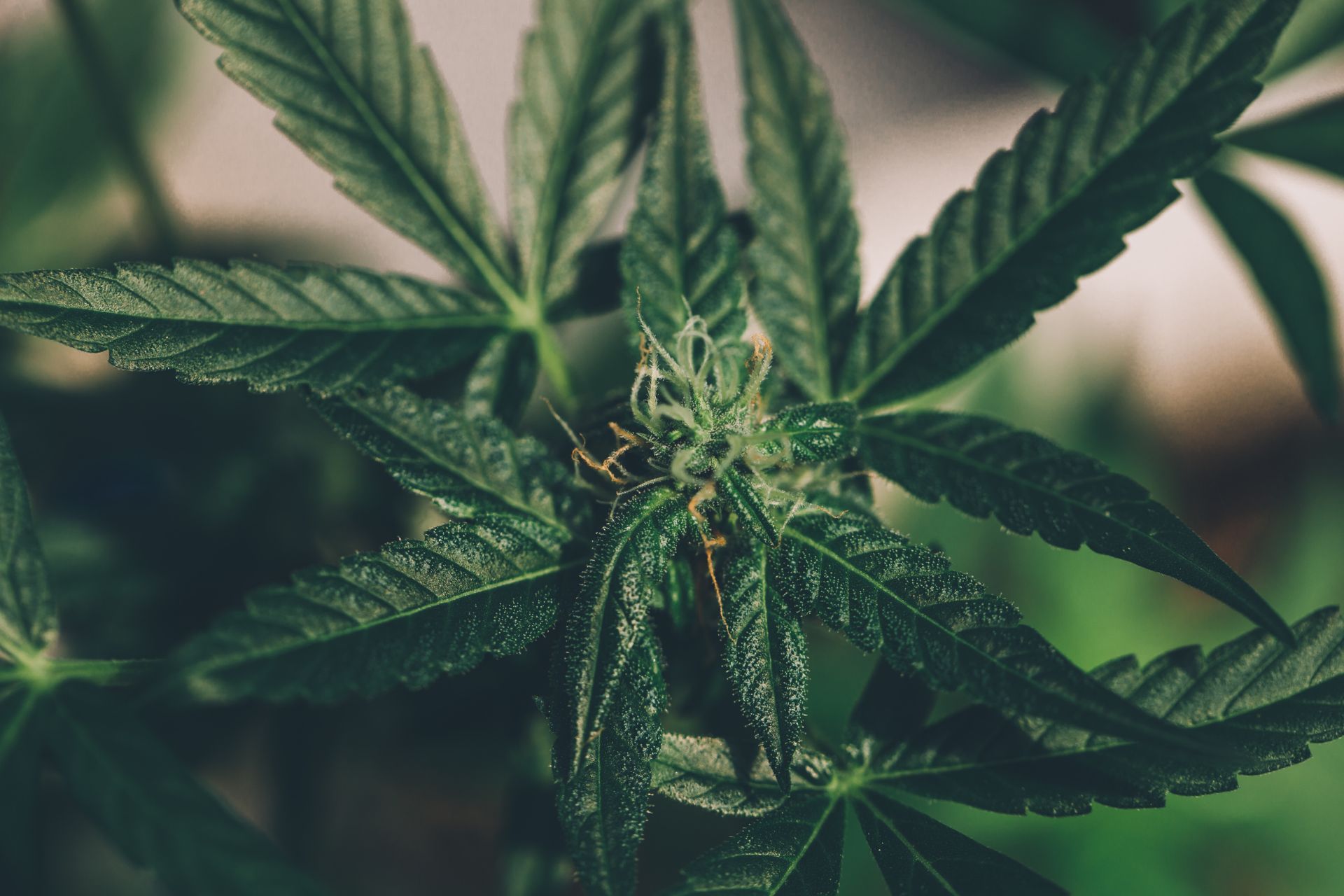The Financial Impact of Theft on Cannabis Businesses
See How We're Different
or call us: (215) 653-8411
Prevalence of Theft in Cannabis Businesses
The cannabis industry faces a disproportionately high rate of theft compared to many other retail sectors. According to a report in the Journal of Safety Research, 45% of cannabis businesses experienced theft or robbery within the past year. This alarming figure underscores the vulnerability of cannabis retailers to criminal activity, driven in part by the high-value nature of their products and the cash-heavy operations that many dispensaries must navigate due to banking restrictions.
Security concerns are further emphasized by the fact that over 70% of dispensary owners feel their current security measures are inadequate. This widespread sense of vulnerability not only threatens the physical safety of employees and customers but also exacerbates financial risks by increasing the likelihood of repeated theft incidents. The high stakes of operating in this environment compel many dispensaries to invest heavily in security technologies, such as surveillance cameras and alarm systems, yet the effectiveness of these measures can be limited by the rapid evolution of criminal tactics.
Moreover, the issue of theft in the cannabis sector is not solely confined to external threats; internal theft poses a significant challenge as well. Employees, often privy to the operational details and security protocols of the business, may exploit their access for personal gain. This dual threat of both internal and external theft creates a complex landscape for cannabis retailers, who must not only safeguard their physical assets but also foster a trustworthy workplace culture. As the industry matures, the development of comprehensive security strategies that encompass both
employee training and advanced technology will be crucial in mitigating these risks and ensuring the sustainability of cannabis businesses.
Financial Consequences of Theft and Security Challenges
The direct financial losses from theft can be devastating for cannabis businesses. Beyond the immediate loss of inventory and cash, theft incidents often lead to increased insurance premiums, higher security costs, and operational disruptions. Gerrit Nagarwalla, Claims Supervisor at Canopius Group, highlights that "approximately 90% of insurance claims in the US cannabis industry so far have involved an element of theft," illustrating how pervasive theft-related losses are within the sector. The implications of these thefts extend beyond mere financial loss; they can also tarnish a business's reputation, leading to a loss of customer trust and loyalty. As the market matures, maintaining a positive public image becomes crucial for long-term success, and incidents of theft can severely undermine that effort.
These financial pressures compound the already challenging profitability landscape for cannabis operators. A recent survey by Whitney Economics revealed that only 27% of U.S. cannabis businesses were profitable in 2024. This low profitability rate is partly attributable to the high costs associated with mitigating theft risks and managing the fallout from security breaches. Beau Whitney, Chief Economist at Whitney Economics, bluntly states, "Operators cannot make money, regardless of how much money they actually generate," reflecting the thin margins and heavy financial burdens many cannabis businesses face. Additionally, the ongoing need to invest in advanced security measures—such as surveillance systems, alarm systems, and even hiring security personnel—further drains resources that could otherwise be allocated to growth initiatives or product development.
Impact of Delinquent Payments
In addition to theft, delinquent accounts receivable represent a significant financial threat to the industry. Whitney Economics reported that delinquent payments totaled $3.8 billion in 2023, equivalent to 1.6 months of all U.S. cannabis revenue. This liquidity strain can exacerbate the financial instability caused by theft, as businesses struggle to maintain cash flow while covering losses and investing in security upgrades. The ripple effects of these delinquent payments can be profound, leading to delayed payroll, reduced investment in employee training, and even the inability to meet operational expenses. As cannabis businesses often operate on tight margins, the failure to collect on receivables can push some operators to the brink of insolvency, forcing them to make difficult decisions about staffing and resource allocation.
Moreover, the challenge of delinquent payments is often compounded by the regulatory environment surrounding the cannabis industry. Many businesses face hurdles in accessing traditional banking services, which can lead to cash-only operations and make it more challenging to manage receivables effectively. This situation creates a vicious cycle where businesses are not only at risk from theft but also from the financial instability that arises from unpaid invoices. As the industry continues to evolve, finding solutions to these financial challenges will be crucial for ensuring the sustainability of cannabis operations and protecting them from the dual threats of theft and delinquency.
Trends in Theft and Crime Reduction Efforts
Despite these challenges, there have been encouraging signs of progress in some regions. For example, the Cannabis Regulatory Agency (CRA) in Michigan reported a decrease of over 43% in break-ins at licensed retail cannabis stores in 2024 compared to the previous year. This significant reduction suggests that targeted security measures and regulatory oversight can effectively reduce theft incidents and improve the safety of cannabis businesses. Enhanced security protocols, such as the installation of high-definition surveillance cameras, alarm systems, and secure access points, have become standard practice among retailers. These measures not only deter potential criminals but also provide law enforcement with valuable evidence in the event of a crime.
However, the persistent nature of crime in the industry is reflected in reports from Frontier Risk, which found that 80% of cannabis retailers experienced cases of violence and aggression in 2022. These ongoing security concerns highlight the need for comprehensive crime insurance and proactive risk management strategies tailored to the unique vulnerabilities of cannabis businesses. Additionally, many retailers are now investing in staff training programs that focus on conflict de-escalation techniques and emergency response protocols. By equipping employees with the skills to handle potentially volatile situations, businesses can create a safer environment for both staff and customers. Furthermore, community engagement initiatives, such as neighborhood watch programs and partnerships with local law enforcement, are being explored as effective ways to foster a sense of security and collaboration within the community, ultimately contributing to a more stable operating environment for cannabis retailers.
Strategies to Mitigate Financial Impact of Theft
Given the high stakes involved, cannabis businesses must adopt robust security protocols and financial safeguards to mitigate the impact of theft. Investing in advanced surveillance systems, employee training, and secure cash handling procedures can reduce the likelihood of theft and improve incident response. Additionally, securing comprehensive crime insurance coverage is critical. Insurance providers specializing in cannabis businesses offer tailored policies that address theft, robbery, and related risks, helping to buffer the financial blow when incidents occur.
Furthermore, industry collaboration and information sharing can enhance security awareness and best practices. Cannabis associations and regulatory bodies play a vital role in disseminating intelligence on emerging threats and promoting standards that protect businesses and consumers alike.
In addition to these measures, implementing a robust inventory management system can significantly aid in theft prevention. By utilizing technology such as RFID tagging and real-time tracking, businesses can maintain a tight grip on their stock levels and quickly identify discrepancies that may indicate theft. Regular audits and reconciliations not only help in spotting potential theft but also foster a culture of accountability among employees. This proactive approach can deter would-be thieves, knowing that their actions are being closely monitored.
Moreover, fostering a strong workplace culture that emphasizes integrity and transparency can further diminish the risk of internal theft. Encouraging open communication and providing employees with a clear understanding of the consequences of theft can create a sense of shared responsibility. Additionally, offering incentives for employees who contribute to loss prevention efforts can motivate staff to remain vigilant and engaged in protecting the business. By combining technology with a strong ethical framework, cannabis businesses can create a secure environment that minimizes the risk of theft while promoting a positive workplace culture.
The Broader Economic Implications for the Cannabis Industry
The financial impact of theft extends beyond individual businesses, affecting the broader cannabis ecosystem. High theft rates and security concerns can deter investment, limit expansion opportunities, and slow the overall growth of the industry. When nearly half of cannabis businesses face theft annually, and only a small fraction achieve profitability, the sector's long-term viability may be at risk without systemic improvements.
For cannabis businesses looking to understand the evolving landscape of profitability and security, resources like the Whitney Economics profitability report provide valuable insights into industry trends and challenges. Furthermore, as the market matures, there is a growing need for educational programs that equip entrepreneurs with the knowledge and tools necessary to navigate these complexities. Workshops focusing on best practices in security, financial management, and compliance can empower business owners to protect their assets and foster a more resilient industry.
Additionally, the rise of technology solutions tailored for the cannabis sector presents an opportunity to mitigate theft and enhance operational efficiency. Innovations such as advanced surveillance systems,
inventory tracking software, and secure payment processing can not only deter criminal activity but also streamline operations, ultimately leading to improved profitability. As the industry continues to evolve, embracing these technological advancements will be crucial for businesses aiming to thrive in a competitive marketplace while ensuring the safety and security of their operations.
Conclusion

Article By: Deb Sculli
Cannabis Insurance Specialist




